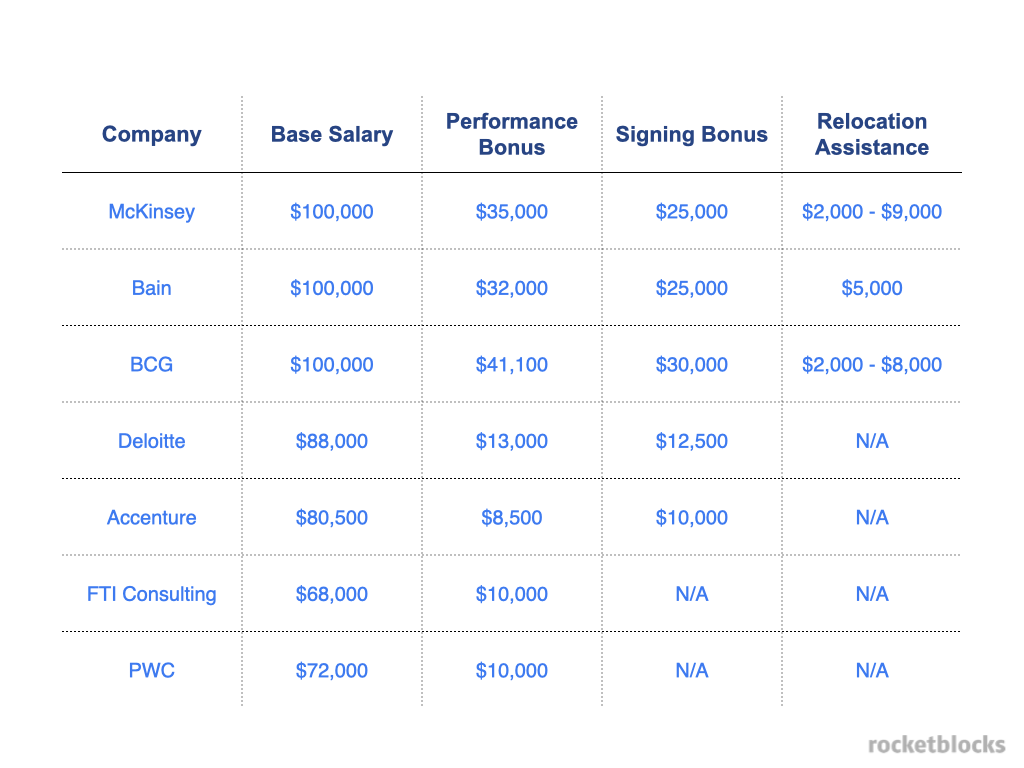
Consulting for banks offers a variety of benefits, including career path, travel, and salary. We will be discussing the pros and cons of this job as well as the implications for the banking sector. The pros and cons of this job are also discussed. We also examine the major challenges that consultants face, including the possibility of relocation.
Benefits from consulting for banks
The demand for consultants in the banking industry stems from the need for increased efficiency and cost reduction. Banks face regulatory changes like the Dodd-Frank Act which requires them to implement new procedures and systems. Although it is a lucrative career, consulting for banks requires extensive education and training. Typically, bank consultants hold a bachelor's degree in business administration, finance, or accounting. On-the-job training is also required. They also have to obtain several licenses and certifications.
Bank consultants need strong problem-solving and analytical skills. Customers and bank managers may need them to explain complex financial concepts. They might also have to make recommendations based off information provided by clients.

Career path
Although there are many similarities, there are many differences in consulting and banking. Although they may be very close to an institution, they have vastly different cultures and lifestyles. Consultants work fewer hours per week than their banking counterparts, and have a more collegial atmosphere. Consultants are also more flexible and have more weekends.
Most jobs in the consulting industry are stable. But banking jobs require traveling. Consultants who commute to New York, New Jersey or London often spend significant time away from their home.
Salary
Salary for consulting for banks is comparable to the base salaries of most other consulting professions, but the biggest difference is bonuses, which are often more than 50% of annual compensation. Extra money is the key to investment banking. It can be difficult for top consultants to hire. Nearly half of McKinsey employees went into finance.
While consultants and bankers may have different lifestyles, they often work longer hours. New bankers work seventy- to ninety hours per semaine in their first year. Weekends and Sundays are not often their free time. Consultants usually work 60 hours per semaine and may be required travel.

Travel
Banks are always looking for ways to increase the value of their travel offerings. There are many options. To increase flexibility and decrease costs, banks can make use of cloud-based travel technology. You can also offer travel advice and other benefits or engage in business networking. Referring clients to travel consultants is another great way to get new customers.
Travel consultants organize travel arrangements, make recommendations, and ensure that their clients have a great experience. They can also call the frequent flier desk to ensure that their clients are receiving the best deals. They also have the number of qualified mileage experts they can call or refer clients to. They also attend family trips and are invited to try the newest products and services.
FAQ
How much do consultants earn?
Although some consultants can make more than $100k annually, the majority of consultants earn between $25-$50k. The average consultant salary ranges from $39,000 to $39,000. This includes both salaried and hourly consultants.
Salary depends on industry, experience, location, and type of contract (contractor vs employee). Also, whether the consultant is located in their office or remote.
How much does it cost to hire a consultant?
It is not easy to determine how much it will cost to hire a consultant. These are:
-
Project size
-
Time frame
-
Scope of work
-
Fees
-
Deliverables
-
Other considerations like experience level, geographical location, etc.
What tax do I have to pay on consulting income?
Yes. You will have to pay taxes on your consulting profits. The amount of your earnings per year will determine the tax payable.
If you're self-employed, you can claim expenses on top of your salary, including rent, childcare, and food.
However, you can't deduct interest payments for loans, vehicle depreciation or the cost to purchase equipment.
Only 25% of your expenses can be claimed back if you make less than PS10,000 annually.
Even if you earn more than the threshold, you could still be taxed depending upon whether you are classified as a contractor and/or employee.
Employers are taxed via PAYE (pay as your earn), and contractors through VAT.
What's the difference between an advisor and a consultant?
An advisor provides information about a topic. A consultant can offer solutions.
A consultant works directly with clients to help them achieve their goals. Clients are referred to advisors through books, magazines and lectures.
How do I choose a good consultant?
There are three main things to keep in mind:
-
Experience - How experienced is this consultant? Is she an expert, beginner, intermediate or advanced consultant? Is her resume a proof of her skills and knowledge?
-
Education – What did this person learn at school? Did he/she pursue any relevant courses once he/she graduated? Were there any evidences of this learning in his/her writing?
-
Personality – Do we like this person/person? Would we prefer him/her working for us?
-
These questions can help you determine whether the consultant is right for your needs. If you don't have clear answers, it may be worth meeting with the candidate for an interview.
How did modern consulting come to be?
Accounting professionals were the first to become consultants. They helped companies manage their finances. Because they were skilled in managing financial information, they became "accounting consulting". However, this role soon expanded into other areas, such as human resources management.
The French word for "to advice" was the inspiration behind the term "consultant." This was used by businessmen as a way to describe someone who could provide guidance on running an organization. In fact, most business owners today still use the word consultant when referring to any kind of professional advisor.
How do I get clients for my consultancy business?
First, find a subject you're passionate about. This could be social media or public relations. However, it must be something that you are passionate about. You might have to start small, such as by finding niche markets like web design. Once you have found the niche market, you need to understand why it works. What problems does it solve Why should people use it? What can you do to support them?
You can also contact businesses directly.
If all else fails why not offer your services to free events like conferences and networking evenings? It's a great way to get in touch with potential customers, without spending too much on advertising.
Statistics
- Over 62% of consultants were dissatisfied with their former jobs before starting their consulting business. (consultingsuccess.com)
- So, if you help your clients increase their sales by 33%, then use a word like “revolution” instead of “increase.” (consultingsuccess.com)
- WHY choose me: Why your ideal client should choose you (ex: 10 years of experience and 6-week program has helped over 20 clients boost their sales by an average of 33% in 6 months). (consultingsuccess.com)
- On average, your program increases the sales team's performance by 33%. (consultingsuccess.com)
- "From there, I told them my rates were going up 25%, this is the new hourly rate, and every single one of them said 'done, fine.' (nerdwallet.com)
External Links
How To
How to find the best consultant
When searching for a consultant, the first thing you should do is ask yourself what your expectations are. Before you look for someone, you need to be clear about your expectations. You should make a list of all the things you need from a consultant. This could include: professional expertise and technical skills, project management capabilities, communication skills, availability, etc. After you have outlined your requirements, you might want to ask friends and colleagues for recommendations. Ask your friends and colleagues if they have had bad experiences with consultants in the past. Compare their recommendations with yours. Research online if you don’t already have recommendations. There are many websites that allow users to leave feedback about their previous work experiences, such as LinkedIn and Facebook, Angie's List or Indeed. You can use the comments and ratings left by others to help you find potential candidates. Once you have narrowed down your list, reach out to potential candidates and set up an interview. In the interview, discuss your needs and ask them for their suggestions on how you can achieve them. It doesn't matter whether they were recommended to you or not; just ensure that they understand your business objectives and can demonstrate how they can help you reach those goals.